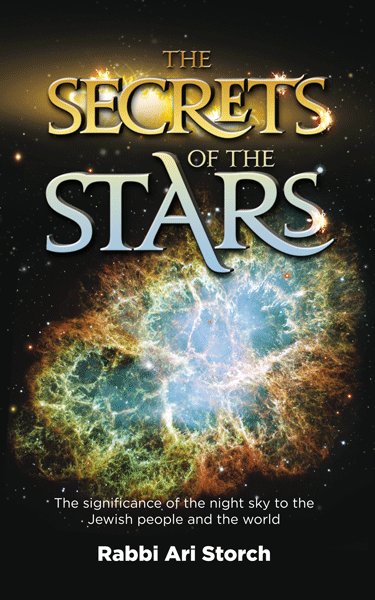One would have been hard pressed to escape all the "media hype" over the upcoming recitation of Birkas HaChamah. It's everywhere your turn. It's on various informational internet sites with explanatory videos and pictures. It is the subject of a number of worthy new publications as well as shiurim around the globe. And of course, let's not forget all of those tzedakah mailings. And it is with good reason. After all, this only happens once every 28 years. Of course, this year's recitation is yet more rare. We are required to recite the berachah amidst all of the hustle and bustle of Erev Pesach preparations. The last times this occurred were 1309 and 1925 and it won't happen again before the year 6000.So what is the significance of it all?
There are 13 individual beliefs that are delineated as the tenets of faith. However, there are two individual assertions of our belief in HaShem that are repeated in our daily and weekly routines at a much greater frequency. We are commanded to remember HaShem's deliverance of our forefathers from Mitzrayim every day of the year, at least twice a day. Additionally, the kiddush and tefillah for each Yom Tov incorporate a reference to the holiday as "zecher litziyas Mitzrayim."
The recalling of Yetzias Mitzrayim is so prevalent that many are troubled by the specific commandment to tell over the story on Pesach night. After all, how is this night different from all other nights? One thing is for certain, the mitzvah on Seder night takes on a different flavour from that which we find the rest of the year. Instead of a brief mention of Yetzias Mitzrayim, we are required to delve deeply into the story, to realize all of the wondrous miracles HaShem performed for us and to express our gratitude in many ways.
Another fundamental belief which appears nearly as frequently in our liturgy is the belief in HaShem as the Creator of the world. It is indeed the very essence of Shabbos which, although it only comes once a week, it is meant to be the focal point of our week. Our entire week is essentially a "zikaron le'maasei Bereishis." Interestingly, though, we find ourselves commemorating HaShem's day of rest without nearly as much attention given to the actual creation. Although Rosh HaShanah is meant to commemorate the creation of Man, it is so saturated with other various themes, it can easily get lost in the mix. Birkas HaChamah, recited when the sun begins a new cycle and the vernal equinox occurs at the same time in the week as it did during creation, demands of us to reflect on the creation itself and to give us renewed appreciation of the creator.
The timing of this year's Birkas HaChamah allows us to, in a matter of mere hours, take two of our most fundamental and basic assertions of faith in HaShem and elevate them and express them in new and special ways.
It is also worthy of note that in a year such as this, not only does the equinox occur at the same time of the week as it did when the sun was created, but the days of Pesach also fall out on the same days of the week as they did the year of Yetzias Mitzrayim.

